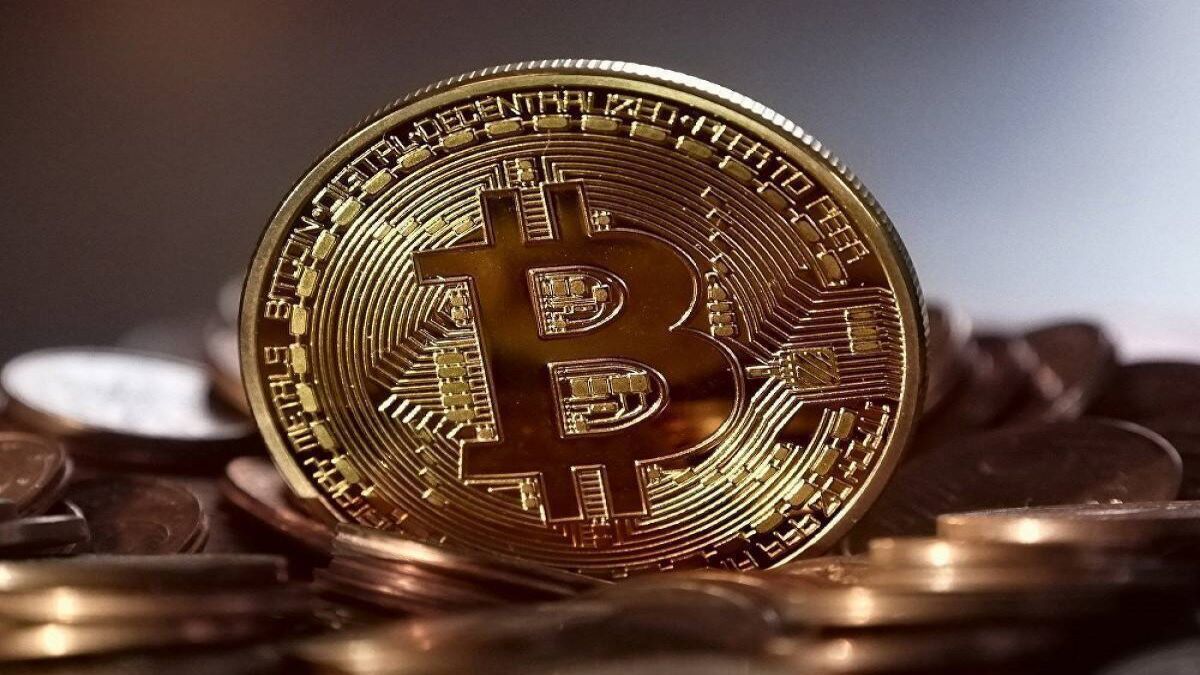By Avinash Shekhar
For decades, investments were limited to assets such as real estate, gold, bank deposits, and stocks. In recent years, a new investment class has taken the limelight: crypto. These digital assets that have brought exceptional returns to investors, promise to disrupt monopolised financial systems, and now everyone wants a stake.
The concept of a peer-to-peer electronic cash system, termed cryptocurrency, first appeared in a paper published by a pseudonymous author named Satoshi Nakamoto, in 2008. In 2010, the world’s first cryptocurrency, Bitcoin, was used for the first time in a transaction. From that day, when 10,000 Bitcoin were used to buy two large pizzas, to the day when Bitcoin traded for $69000, the journey of cryptocurrency across the world, and in India, has been nothing short of a rollercoaster ride. Let’s track how this new asset class forged its way into the minds and portfolios of investors in India, especially millennials and GenZ.
As crypto gained popularity across the world, the Indian market too became cryptocurious. To bridge the gap between supply and demand, crypto exchanges led by tech based innovators came into existence. With the nationwide policy-level push towards digitalisation, penetration of the internet picked up pace, along with mass adoption of smartphones. In fact the smartphone market across non-urban centres grew, and is still projected to grow, at a CAGR of 6 %, more than double that of their urban counterparts. This, coupled with the aspirations of the youth across these centres, were major reasons that crypto slowly grew in popularity, across tier 2 and 3 cities.
In 2018, the crypto community faced its biggest roadblock when the RBI imposed a ban on trading in cryptocurrencies like Bitcoin. On March 4, 2020, a three-judge bench of the Supreme Court quashed the ban. This is when India truly opened up to the crypto phenomenon. By early 2022, with 15 to 20 million crypto investors in India, trading a cumulative amount of 41,000 crores ($5.37 billion), India ranked third in the world in terms of crypto adoption.
In the recent past, in India, there has been an evolution of the currency into a digital asset. The government has clarified that while cryptocurrency cannot be used as a legal tender, it is an asset class that people can invest in, and even though the taxation on the asset is high, the taxation itself removes any doubts on the legitimacy of the asset.
While people flock to crypto exchanges for investment in this new asset class, they also need to deal with worldwide volatility that the crypto market has been susceptible to over the years. In a country like India, where adoption has increased at an exponential pace over the last few years, it is extremely important to educate investors on crypto. With news of overnight riches flooding social media platforms over the past few years, Indian investors, mostly millennials and Gen Z, are prone to impulse transactions, which, just like in the case of traditional assets, are not advisable for crypto markets. Some of the most important elements that crypto education should cover, include the underlying technology, hidden charges, and market knowledge.
Understanding the underlying technology and the motivation behind every blockchain can help investors make sound decisions in projects they genuinely support. Some crypto assets also come with the benefits of voting for how the blockchain platform will be run and other perks. The value addition drives every blockchain and its corresponding token. Having adequate crypto knowledge becomes essential for crypto investors to make the right calls.
Hidden charges like transaction fees, wallet charges, and other fees often end up reducing the overall profit made through crypto trading. Knowing about stop-losses and when to implement them can save an investor’s funds from rapidly depleting when a crypto asset faces a crash. Proper crypto education can also help investors study when a golden cross is formed and how they could leverage it.
Making the right crypto investments depends on several factors, with market sentiment playing a key role. Following the latest trends and latest news is an essential part of staying ahead of the highly volatile crypto market. The latest news could cover updates, new releases, forking, governance updates, and many more contributing elements.
A fresh crop of online crypto portals are making it simple for us to learn and understand the basics of investing in crypto. Many Ed-tech platforms are providing alternate forms of education like online courses from around the world, filling platforms like YouTube and other website blogs with explanatory videos, making complex concepts easy-to-understand, thus helping millions keep up with the times and learn new things every day.
The crypto industry in India has also been committed to educating investors on the basics of the asset class, the underlying tech, market knowledge including global updates on the movements and causes, etc., via in-house blogs and timely educational content on their social media channels.
While the opportunities of financial gains through investments in crypto are limitless, and with the evolution of regulatory and taxation policies, crypto continues to evolve in the country, investors must be aware that like all investments, research is key for this asset class.
The author is CEO, ZebPay
Get live Share Market updates and latest India News and business news on Financial Express. Download Financial Express App for latest business news.
Author
Administraroot


